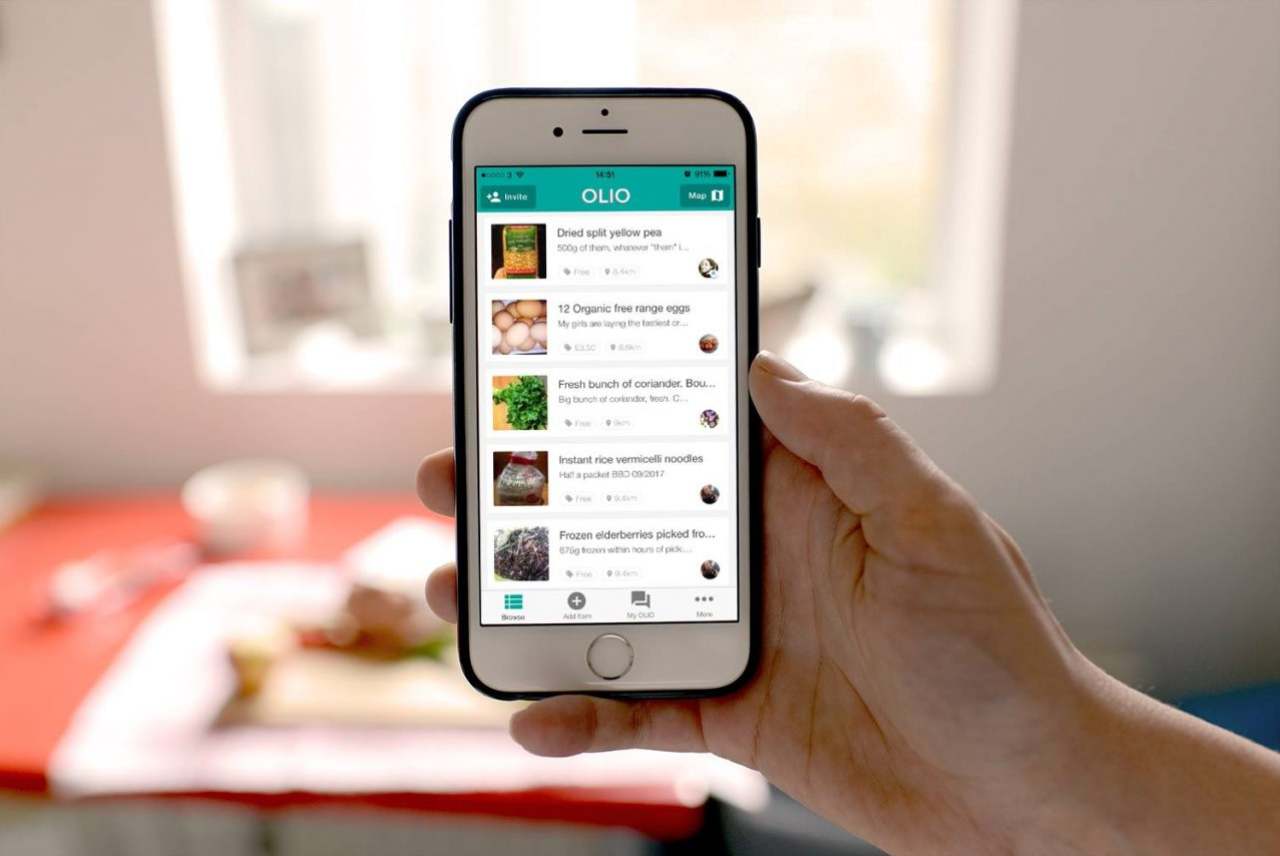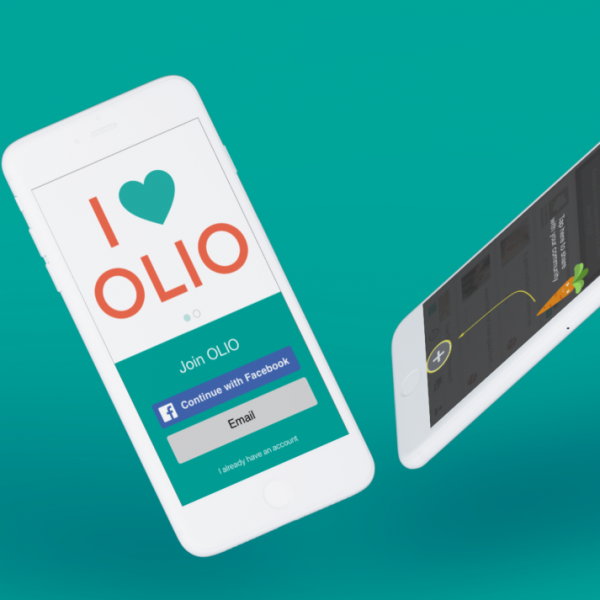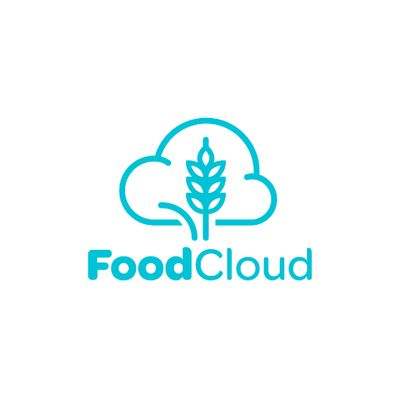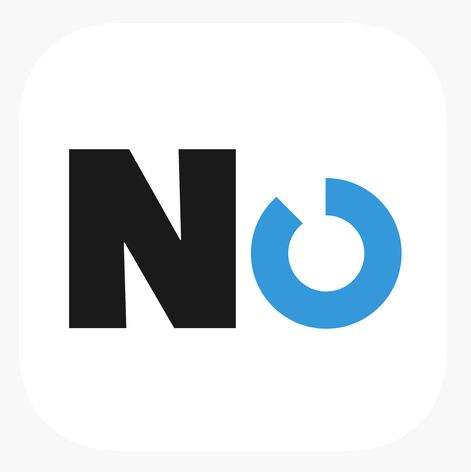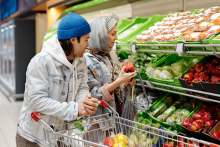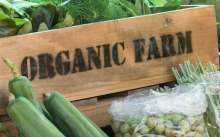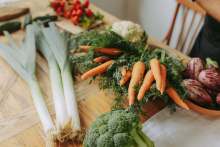Too Good to Go
Founded in 2015 in Copenhagen, Too Good to Go was launched in the UK in 2016, and now operates in Brighton, Birmingham, London, Leeds and Manchester.
The concept is straightforward: registered restaurants and catering businesses advertise their leftover food on the app. Users (officially known as ‘waste warriors’) can browse through the listed items, and tap to purchase a ‘magic bag’ of surplus food items to take away at a discounted price. The order can then be collected from the outlet during a specified time slot, usually around closing.
The app itself is simple to use. Just enter your location, scroll through a list of local restaurants displaying the number of available meals, and tap to order. Payment is made via the app or by using PayPal, and a receipt is generated to be shown upon collection. The discounts on offer are determined by the seller, but you will see plenty going for 50% or less of the stated retail value.
Range of food
To Good to Go now counts over 1,400 ‘partner’ outlets in the UK including some well-known chains such as Yo! Sushi, and a quick browse will reveal plenty of options if you live in any of the areas served.
The food on offer will vary in quality between restaurants, and the exact contents of the ‘magic bag’ are left a mystery, as it all depends on what food is left over. How fresh the food is varies as well, but meals offered will have been prepared the same day.
As stores cannot predict exactly which food will be available, vegetarians and vegans are advised not to order from establishments that also sell meat—fortunately, there appears to be a numerous 100% vegan establishments signed up to the app. The same applies to those will allergies, who would be strongly advised to contact the outlet before making a purchase.
Impact
The benefits of the app for its users are clear: businesses can recoup costs on food that would otherwise be wasted, while consumers can enjoy prepared meals at a discounted price.
But what about the impact on waste?
According to the official website, 10,459,101 meals have been saved through global usage Too Good to Go, which according to their calculations equates to 20,918 tonnes of Co2 emissions (although it unclear whether this accounts for the travel involved in collecting the meals).
It’s a novel way to get a takeaway on the cheap, and appears to be having a meaningful impact on food waste in the catering industry. This impact should only increase as more businesses sign up and the service expands to more towns and cities.
Availability
Too Good to Go is available as a free app for Android and iOS devices.
